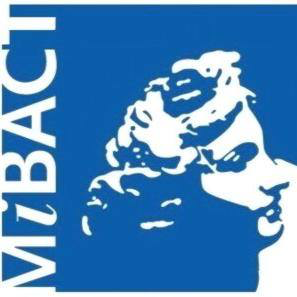Summary (English)
The site at Truncu ‘e Molas has been investigated as part of the Terralba Rural Settlement Project that studies ancient rural settlement in western central Sardinia between the 6th and 2nd centuries BC in order to gain an understanding of the Sardinian agrarian economy in the wider context of the Carthaginian colonial network.
After extensive geophysical prospection, intensive surface collections and limited excavation in 2003 and 2004, excavation in 2007 brought to light well-preserved subsurface elements of the original Punic building. It also showed, however, that recent agricultural activities had damaged the site to just below the original floor level. These subsurface features include two wells, a double wine-press and a domestic storage space made of recycled amphorae. Enough stone wall-bases have moreover survived to give a rough idea of the layout of the site.
The fieldwork has brought to light important evidence of agricultural activities such as wine production (wine press, pruning tools) as well as remains of the crops themselves (grape pips). The pottery finds moreover shed light on domestic life, as large quantities of kitchen and storage vessels have been encountered. Particularly worth noting is the rich environmental evidence that has been recovered and that throws more light on the life and work on a rural farm in Punic Sardinia. Together, these results add significantly to our knowledge of agrarian practices and domestic life-styles of Punic rural communities.
By signalling the importance of cash-crops like wine in the local rural economy, these results undermine conventional views that Punic rural production in Sardinia focused exclusively on cereals.
- Peter van Dommelen - Department of Archaeology, University of Glasgow
- Carlos Gómez-Bellard - Universitat de València
Director
- Carlo Tronchetti - Sopr. Beni Archeologici province di Cagliari-Oristano
- Carlos Gómez Bellard
Team
- Andrea Roppa - University of Glasgow
- Emily Modrall - Pennsylvania University
- Enrique Díes Cusí - Università di Valencia (Spagna)
- Helen Loney - Univeristy of Worcester
- Jeremy Hayne - University of Glasgow
- Juanvi Morales Pérez
- Natasja de Bruijn
- Rosa Puig Moragón
- Guillem Pérez Jorda - Università di Valencia (Spagna)
Research Body
- University of Glasgow, Department of archaeology
- Università di Valencia
Funding Body
- Carnegie Trust for the Universities of Scotland
- Ministerio de Cultura
- The British Academy
Images
- No files have been added yet




